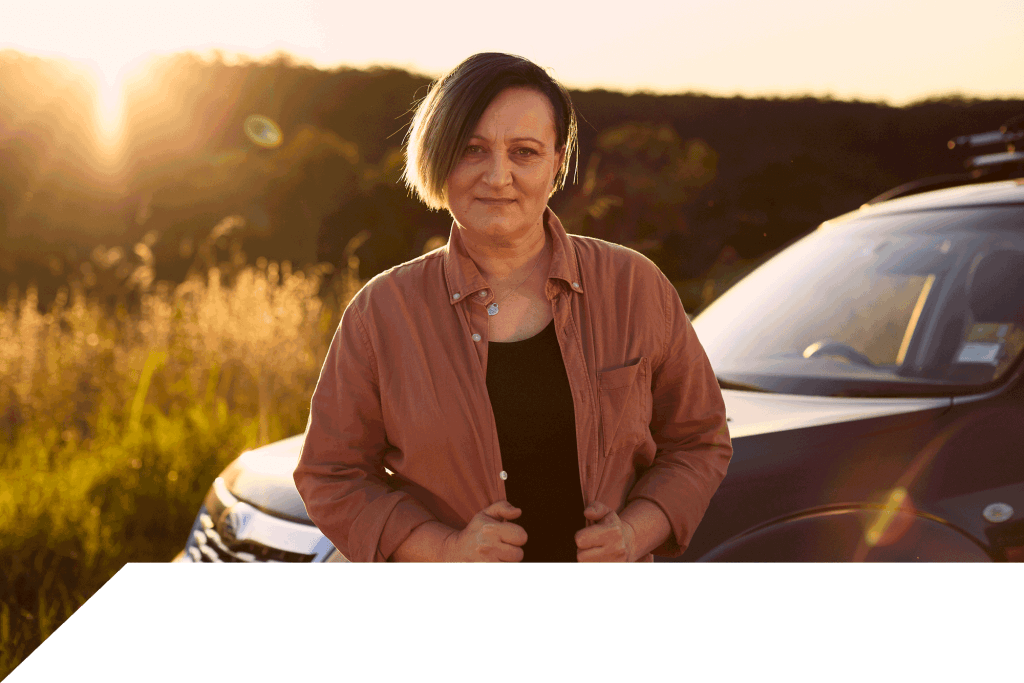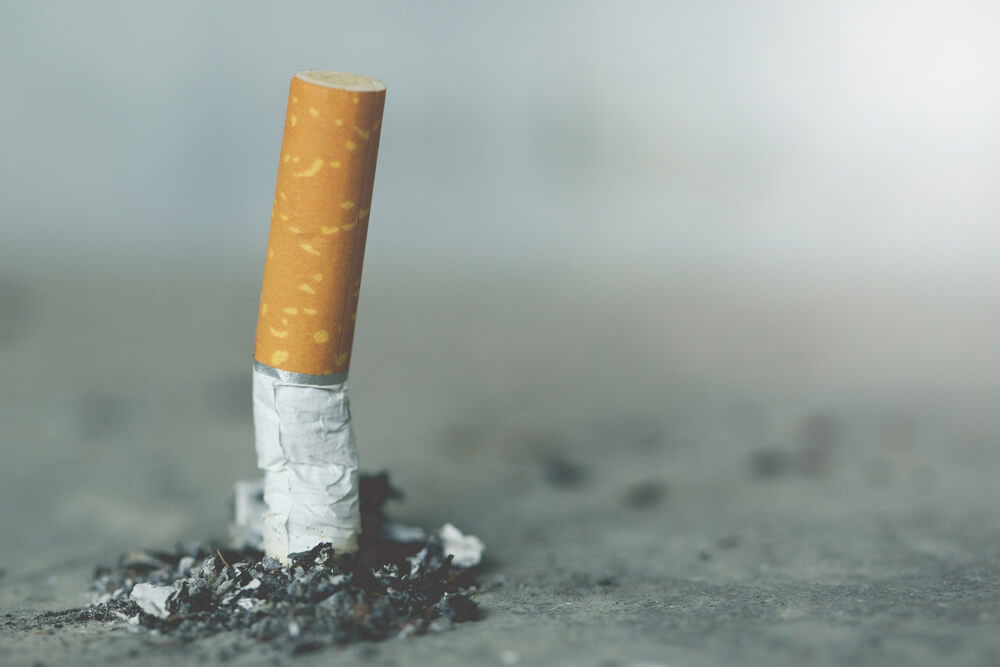What Types of Cancer Can Smoking Cause?

Most people who smoke regret ever taking up smoking[1] and nearly three-quarters have tried to quit.[2] The most popular reason for quitting by far is to improve health and fitness.[3] And who doesn’t want to enjoy feeling better and live a healthier life?
But, if you asked people randomly about the health effects of smoking cigarettes, most would tell you it causes lung cancer. Less than a third of people could mention two or more cancers caused by smoking.[4] A minority would mention mouth or throat cancer and a handful might mention stomach, pancreatic, cervical or ovarian cancers.[5] And that would probably be the extent of the cancers mentioned.
Peaople know that smoking causes cancer. What most people don’t know is that smoking cigarettes causes at least 16 different types of cancer.[6] [7]
So, let’s get real. Can we be clear on the range of cancers smoking can actually cause?
How many people develop cancer from smoking?
It’s estimated that 151,000 people in Australia were diagnosed with cancer in 2021.[8] In Australia 1 in 8 cancers are caused by smoking,[9] that’s more than 20,000 cancers each year.
Reducing the risk of cancer is a pretty good health benefit if you’re trying to work up the motivation to give quitting smoking another try!

Which parts of the body can develop cancer from smoking?
So, back to what types of cancers are caused by smoking cigarettes.
Cigarette smoke contains more than 7,000 chemicals. At least 250 of those chemicals are known to be harmful, 69 known to cause cancer. These include hydrogen cyanide, carbon monoxide, and ammonia.[10]
Basically, the path of cancers starts in the mouth and follows pretty much everywhere the cigarette smoke will travel through the body. In addition to the mouth, cigarette smoke can make its way through the airways causing cancer in the nose, throat, and sinuses.
We’ve noted most people think of lung cancer. Globally, up to 90% of lung cancers are attributable to cigarette smoking.[11]
So how does smoking lead to other cancers? From the lungs these toxic carcinogenic chemicals spread throughout the body via blood and lymph systems. This can cause cancers in the kidneys, bladder, ureter, pancreas, liver, cervix, ovaries, prostate and acute myeloid leukaemia.
Smoke can also spread through the digestive tract causing cancer of the oesophagus, stomach, and bowel (colon and rectal cancers).
Is there any good news?
Yes, quitting smoking reduces the risk of developing cancer both in the short-term and long-term.[12] The human body has an amazing ability to repair itself. Quitting smoking reduces exposure to harmful toxins and gives the body an opportunity to repair.
When you quit smoking, your risk of these types of cancers that smoking can cause significantly reduces:[13]
 Bladder cancer: The risk of bladder cancer reduces by about 50% after just a few years when compared to people who continue to smoke.
Bladder cancer: The risk of bladder cancer reduces by about 50% after just a few years when compared to people who continue to smoke.
 Cervical cancer: For cervical cancer, the risk reduces within 5 years of quitting to the same level as someone who has never smoked.
Cervical cancer: For cervical cancer, the risk reduces within 5 years of quitting to the same level as someone who has never smoked.
 Oral and oesophageal cancers: Quitting smoking cuts the risk of oral and oesophageal cancers by half within 5 years of stopping, and the risk continues to decline if you stay quit.
Oral and oesophageal cancers: Quitting smoking cuts the risk of oral and oesophageal cancers by half within 5 years of stopping, and the risk continues to decline if you stay quit.
 Pancreatic cancer: The risk of pancreatic reduces after 10 years of staying quit.
Pancreatic cancer: The risk of pancreatic reduces after 10 years of staying quit.
 Lung cancer: And what about lung cancer? There are benefits there too. Ten years after you quit, your risk of lung cancer is less than half that of someone who continues to smoke.
Lung cancer: And what about lung cancer? There are benefits there too. Ten years after you quit, your risk of lung cancer is less than half that of someone who continues to smoke.
Quitting smoking after a cancer diagnosis also improves the prognosis of cancer patients.[14]
Plenty of good news there! So, if you’re thinking about your next attempt to quit smoking, remember that you’ll be significantly reducing your risk of at least 16 types of cancer.
But it doesn’t stop there. If we can be so bold, there are many other benefits of quitting smoking that we’d love to share with you!
There are lots of ways to quit smoking, so check out your options to find one or several that are right for you. To find more about how to quit smoking, visit canwe.org.au/wecanquit.
We’ve also been working with NSW Quitline to make it a safe and inclusive service for our communities. NSW Quitline Counsellors have recently completed ACON’s LGBTQ+ diversity and inclusion training. So give them a call on 13 7848 (13 QUIT). Or talk to your doctor.
